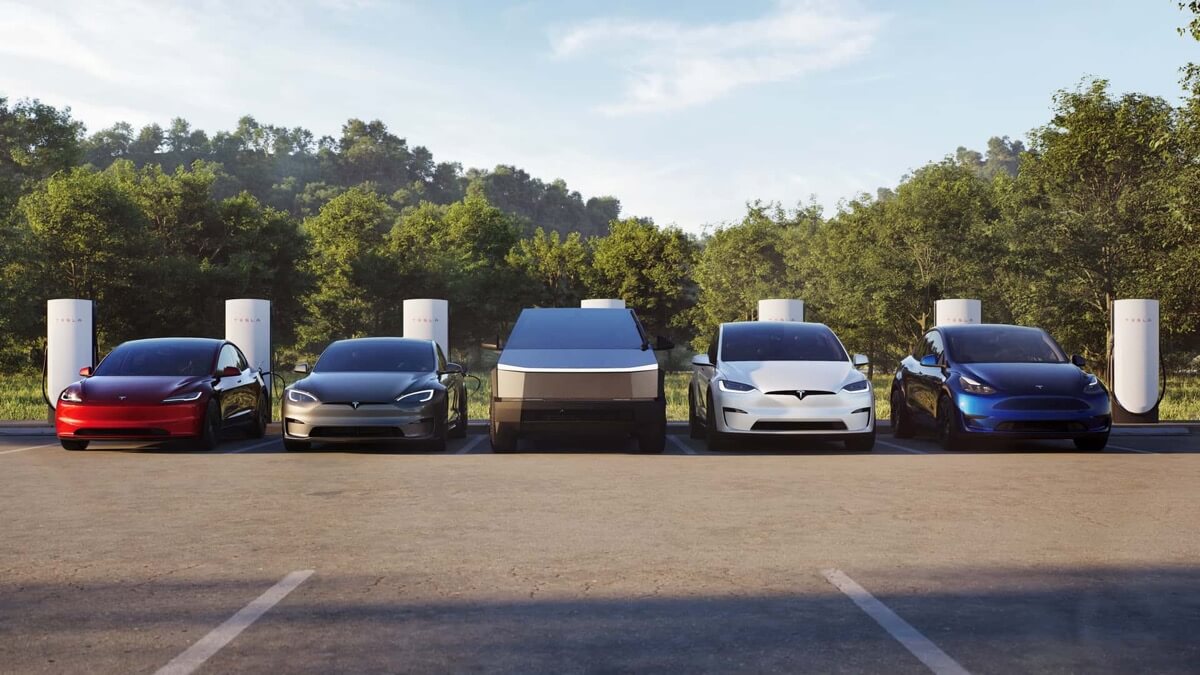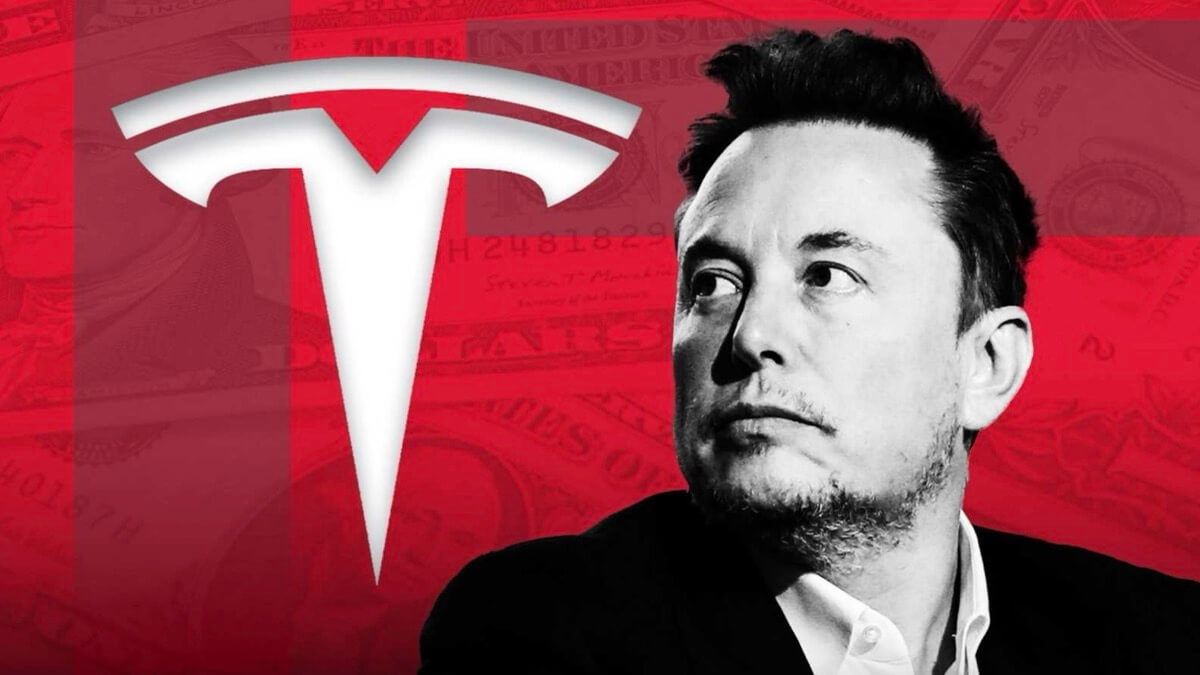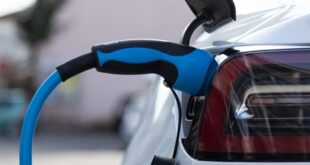Tesla’s stock is soaring, and the reason isn’t just EVs—it’s politics, profits, and promises of a driverless future.
Tesla is back in the trillion-dollar club. After a sharp 8% jump in its stock price on Friday, the EV giant’s market value has surged past $1 trillion for the first time in over two years. Investors are riding a wave of optimism following Donald Trump’s presidential victory, with many believing Tesla and CEO Elon Musk stand to benefit from a friendlier regulatory environment.
Musk, who played a pivotal role in Trump’s campaign by contributing over $130 million, is positioning Tesla for success under the new administration. Analysts are speculating that Musk’s close relationship with Trump could help secure federal policies that favor Tesla’s ambitions, especially in autonomous driving technology. A federal approval process for autonomous vehicles, as Musk suggested during Tesla’s Q3 earnings call, could eliminate state-by-state regulations and pave the way for faster adoption of Tesla’s driverless cars.
Tesla’s resurgence is not just about politics—it’s also about business. The company recently reported strong financial results for Q3, with $25.18 billion in revenue and $2.17 billion in net income. Musk hinted at a bright future for the automaker, forecasting 20% to 30% vehicle growth in 2025, fueled by lower-cost models and advancements in autonomy. Despite skepticism from some quarters about Tesla’s long-promised robotaxi technology, investors appear confident that the company will deliver.

However, challenges remain. Trump’s previous comments about cutting the federal $7,500 EV tax credit could put some pressure on Tesla’s pricing advantage. Historically, these credits have played a key role in boosting EV sales, but Tesla’s massive scale and brand recognition might help it weather the storm. Meanwhile, Tesla continues to face fierce competition, particularly from Alphabet-owned Waymo, which has already rolled out commercial robotaxi services in major U.S. cities.
Analysts believe that a Trump administration could shield Tesla from regulatory scrutiny, including ongoing investigations by the National Highway Traffic Safety Administration (NHTSA) into Tesla’s Full-Self Driving software. These probes have raised questions about safety and marketing practices, but a more lenient federal environment might slow down any enforcement actions.
Tesla’s return to the trillion-dollar club cements its place among tech giants like Apple, Microsoft, and Nvidia. While these companies have benefited from the AI boom, Tesla’s rally seems tied to political developments and the prospect of less regulatory oversight.
The electric vehicle market is heating up, and Tesla remains at the forefront. With Musk’s ambitions for a federal framework for autonomous vehicles and a push for more affordable EVs, the company is setting the stage for the next phase of its growth. Whether it’s the promise of robotaxis, strong financial performance, or potential political advantages, Tesla’s investors are all in—betting big on the EV leader’s future.









